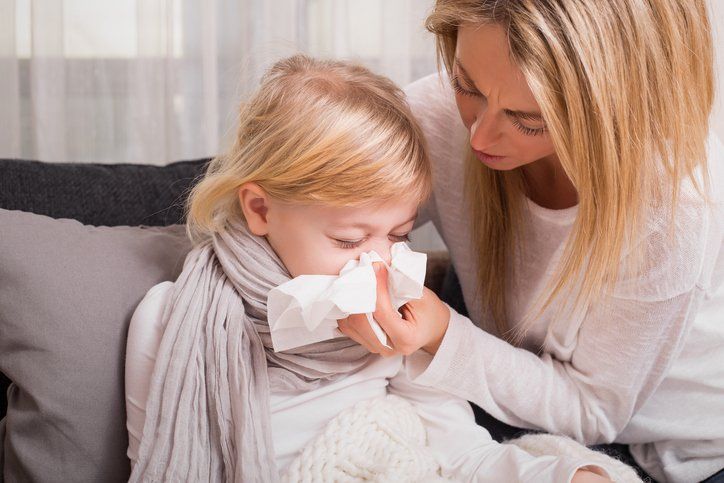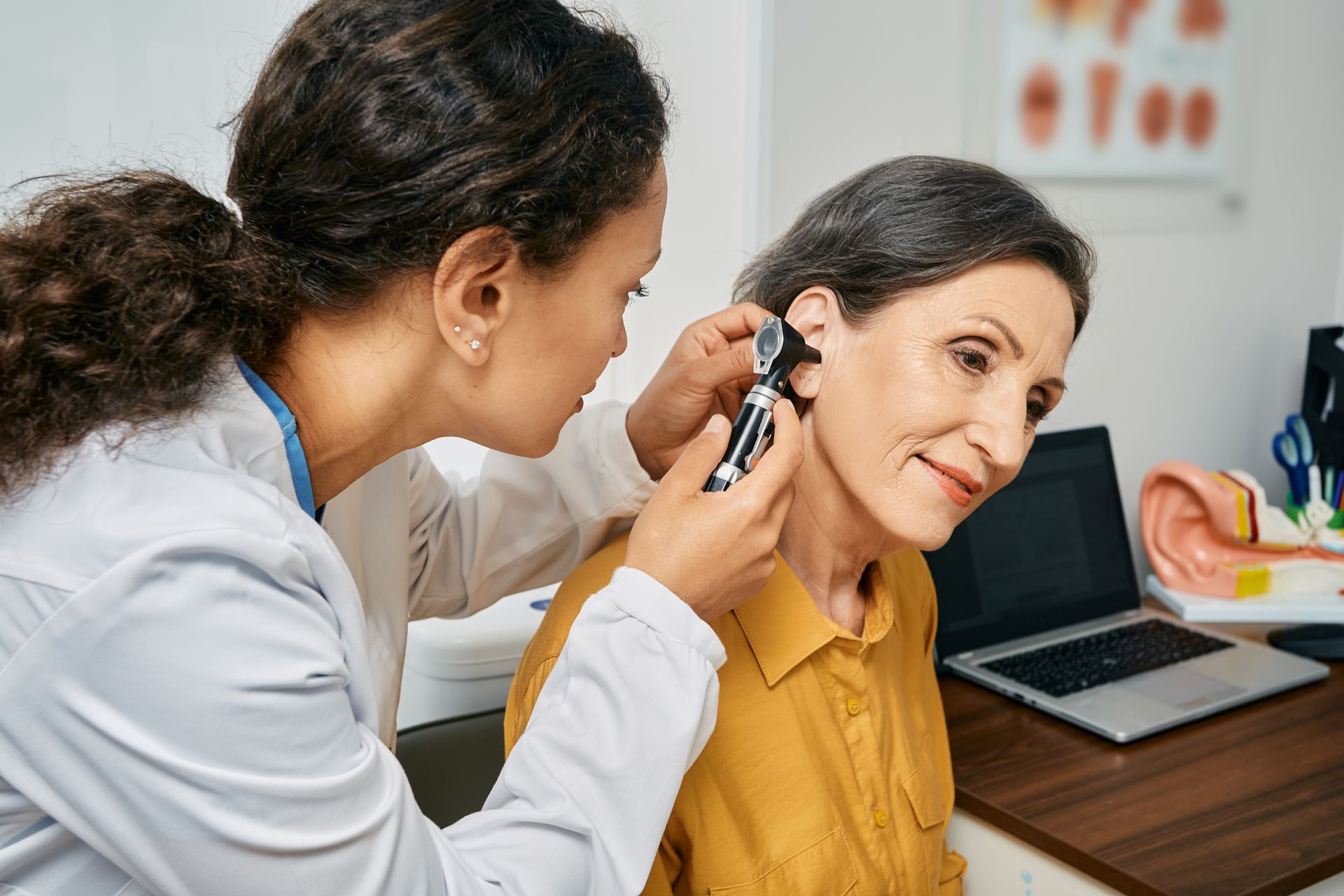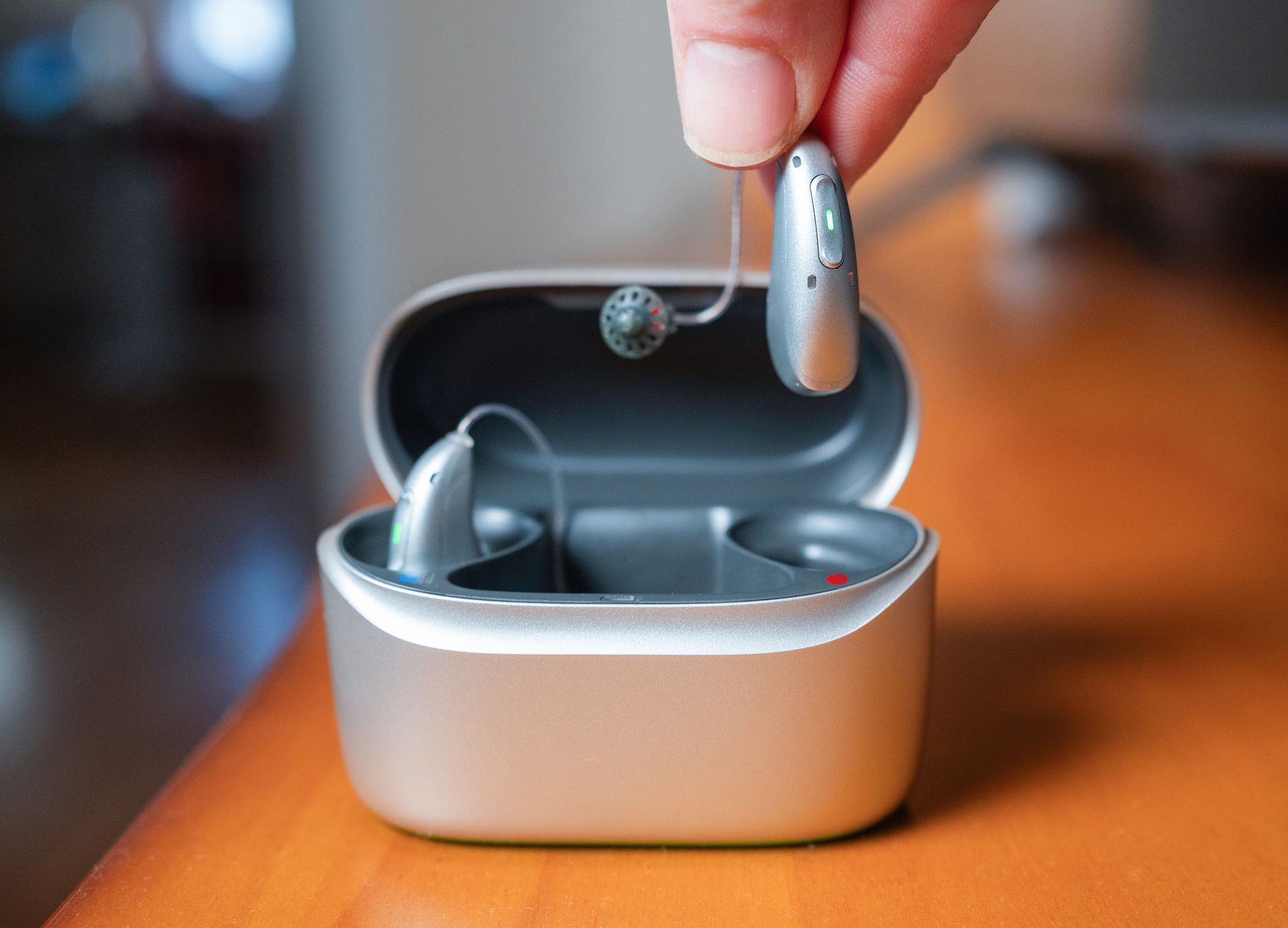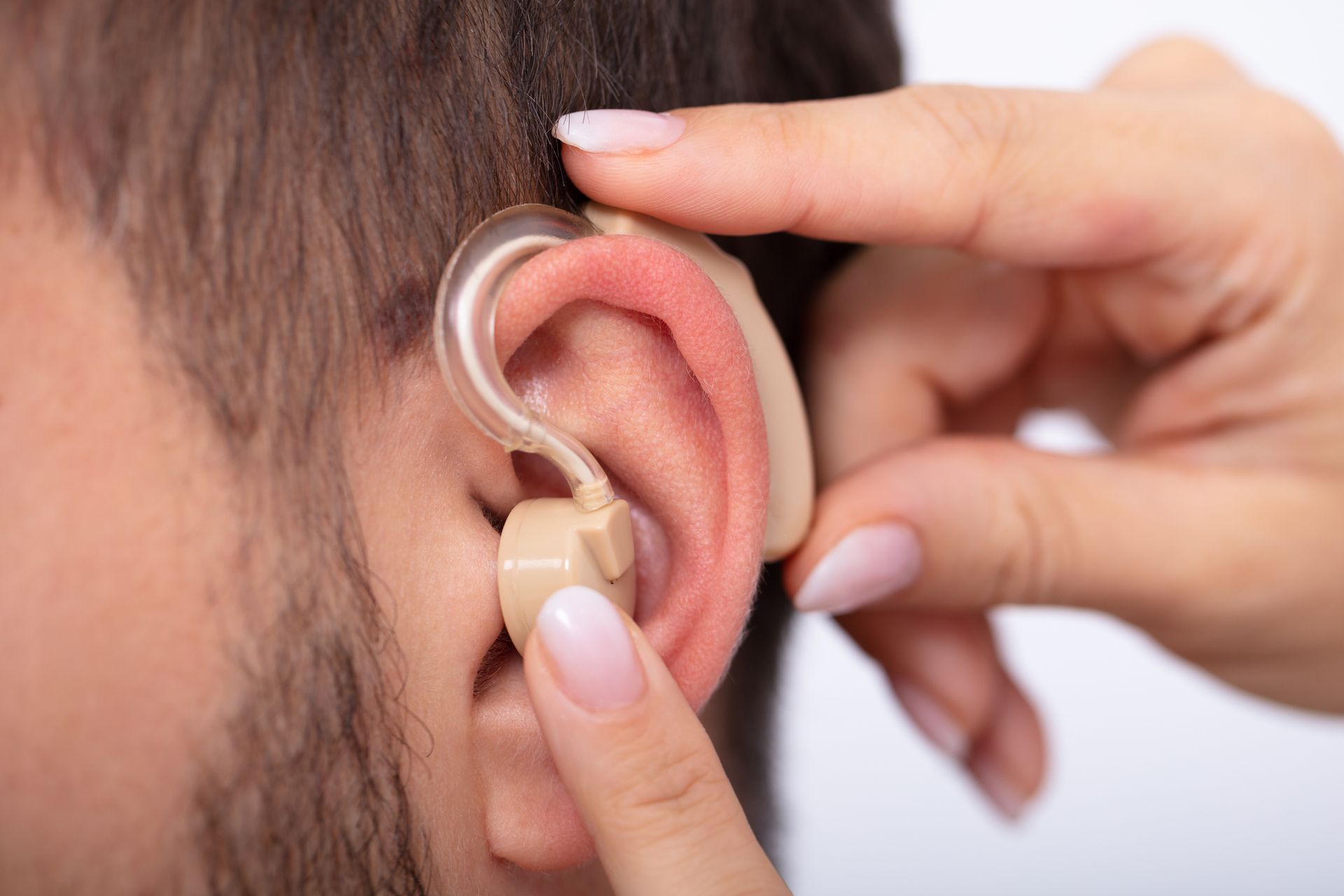What to Know About Allergies
If your child is suddenly sneezing a lot more than usual, despite being perfectly healthy, they may be suffering from allergies. Allergies are incredibly common, but they can make life uncomfortable. If you want to better protect your child from allergies, check out these commonly asked questions to learn more.
What Are the Symptoms of Allergies?
If your child suddenly develop allergies, you may think they are coming down with a cold because the symptoms of allergies can mimic those of a mild to severe cold. If they suffer from seasonal allergies (hay fever or rhinitis), they may have been sneezing or have an itchy/runny nose and itchy/runny eyes.
Depending on the severity of their allergies, these symptoms can make it difficult to do daily tasks, especially if the watery eyes affect their vision.
An allergy that affects the skin, such as an insect sting or atopic dermatitis, may include swelling at the site of the sting, itching, and hives. With food allergies, or in cases of severe allergies to bites or stings, patients may suffer from anaphylaxis, which includes loss of consciousness, low blood pressure, and severe shortness of breath. Without emergency treatment, patients suffering from anaphylaxis may die.
What Causes Allergies?
There are many indoor and outdoor substances that can trigger allergies. Common indoor triggers include dust, mold, and animal dander. Common outdoor triggers include pollen, insect bites/stings, and poison ivy. Other potential causes of allergies include certain foods, vaccines, and medications.
Within your body, allergies can often feel like a cold for a specific reason; they cause your body's immune system to create antibodies to fight a foreign substance. In the event of a virus, this is a good thing because it's how you get better. When the foreign body is an allergen, however, it can cause chronic issues as your body continues to fight the foreign substance.
Can You Identify a Specific Allergy?
If your child's allergies are life threatening, such as a food allergy, you need to know what triggers their allergy. In many cases, you can find this out when they accidentally eat or encounter the item, but they can be tested to identify specific allergies too. This may be a good idea if your child is already allergic to certain foods, so you don't have to learn by trial and error.
Even if your child's allergies are minor, knowing what causes them can help you avoid the cause. For example, if your child's allergies are caused by a specific type of tree, they can simply avoid those trees to prevent an attack.
How Can Allergies Be Treated?
The most basic treatment for allergies is to avoid the allergen, such as not eating peanuts if you have a peanut allergy. For typical seasonal allergies, however, your child may be able to take prescription and over-the-counter allergy medications to reduce the symptoms - depending on how old they are.
If your child's allergies are severe and allergy medicine doesn't seem to help, immunotherapy may be necessary.
Finally, if your child does have a severe allergy that can cause anaphylaxis, emergency epinephrine may be the only treatment that can save their life in an emergency. People with these types of allergies usually carry an emergency shot with them at all times, which can be injected to stop the life-threatening symptoms. They will still need to go to the hospital, however.
In most cases, allergies are just annoying, causing minor cold-like symptoms, but in some cases, they can be life threatening without emergency treatment. Regardless of what type of allergies your child has, finding relief can make life much more enjoyable, so they don't have to suffer through the seasons. To learn more about allergy testing and treatment, contact one of our officesat Wilmington Ear Nose and Throat Associates, P.A., today.










